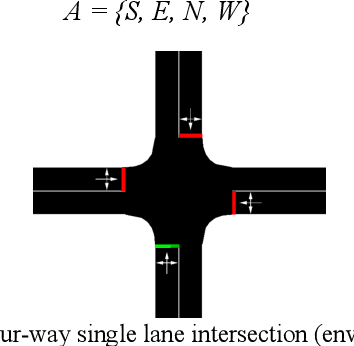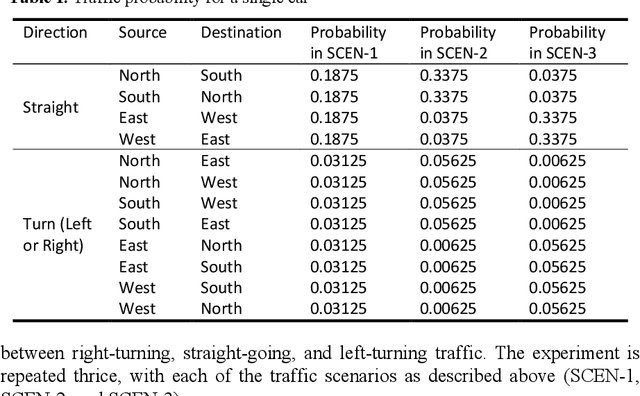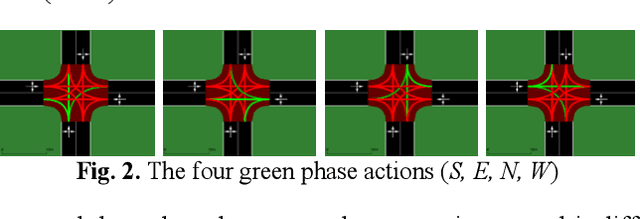Hrishit Chaudhuri
ScripTONES: Sentiment-Conditioned Music Generation for Movie Scripts
Jan 13, 2024Abstract:Film scores are considered an essential part of the film cinematic experience, but the process of film score generation is often expensive and infeasible for small-scale creators. Automating the process of film score composition would provide useful starting points for music in small projects. In this paper, we propose a two-stage pipeline for generating music from a movie script. The first phase is the Sentiment Analysis phase where the sentiment of a scene from the film script is encoded into the valence-arousal continuous space. The second phase is the Conditional Music Generation phase which takes as input the valence-arousal vector and conditionally generates piano MIDI music to match the sentiment. We study the efficacy of various music generation architectures by performing a qualitative user survey and propose methods to improve sentiment-conditioning in VAE architectures.
A Comparative Study of Algorithms for Intelligent Traffic Signal Control
Sep 18, 2021



Abstract:In this paper, methods have been explored to effectively optimise traffic signal control to minimise waiting times and queue lengths, thereby increasing traffic flow. The traffic intersection was first defined as a Markov Decision Process, and a state representation, actions and rewards were chosen. Simulation of Urban MObility (SUMO) was used to simulate an intersection and then compare a Round Robin Scheduler, a Feedback Control mechanism and two Reinforcement Learning techniques - Deep Q Network (DQN) and Advantage Actor-Critic (A2C), as the policy for the traffic signal in the simulation under different scenarios. Finally, the methods were tested on a simulation of a real-world intersection in Bengaluru, India.
 Add to Chrome
Add to Chrome Add to Firefox
Add to Firefox Add to Edge
Add to Edge